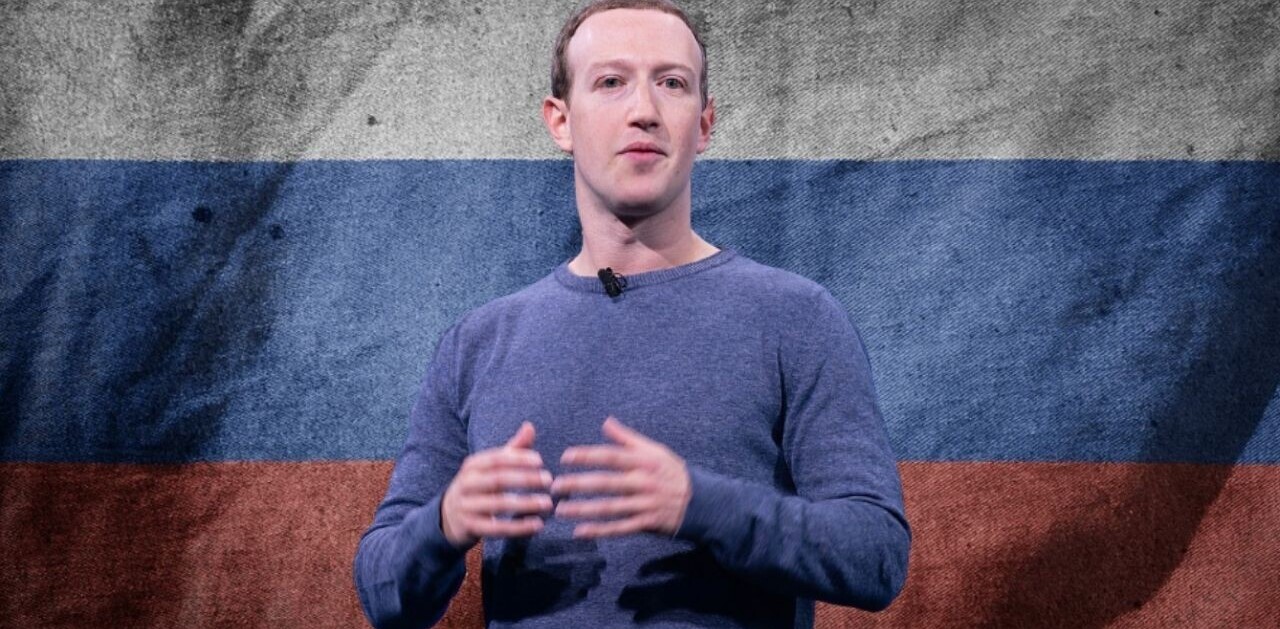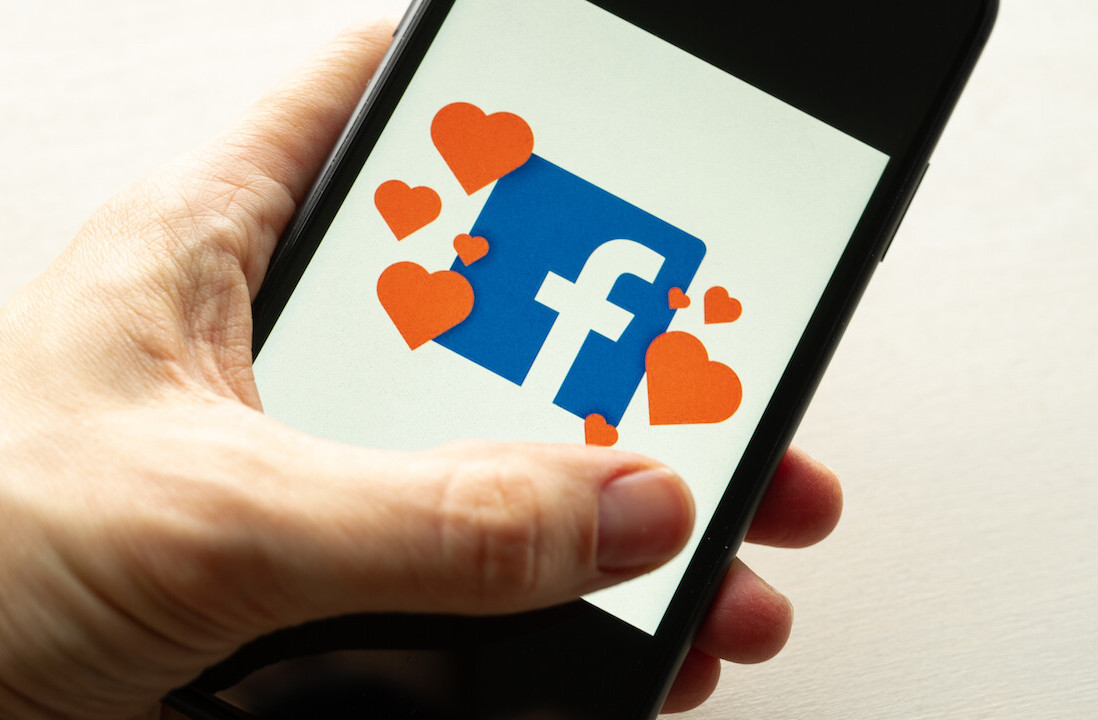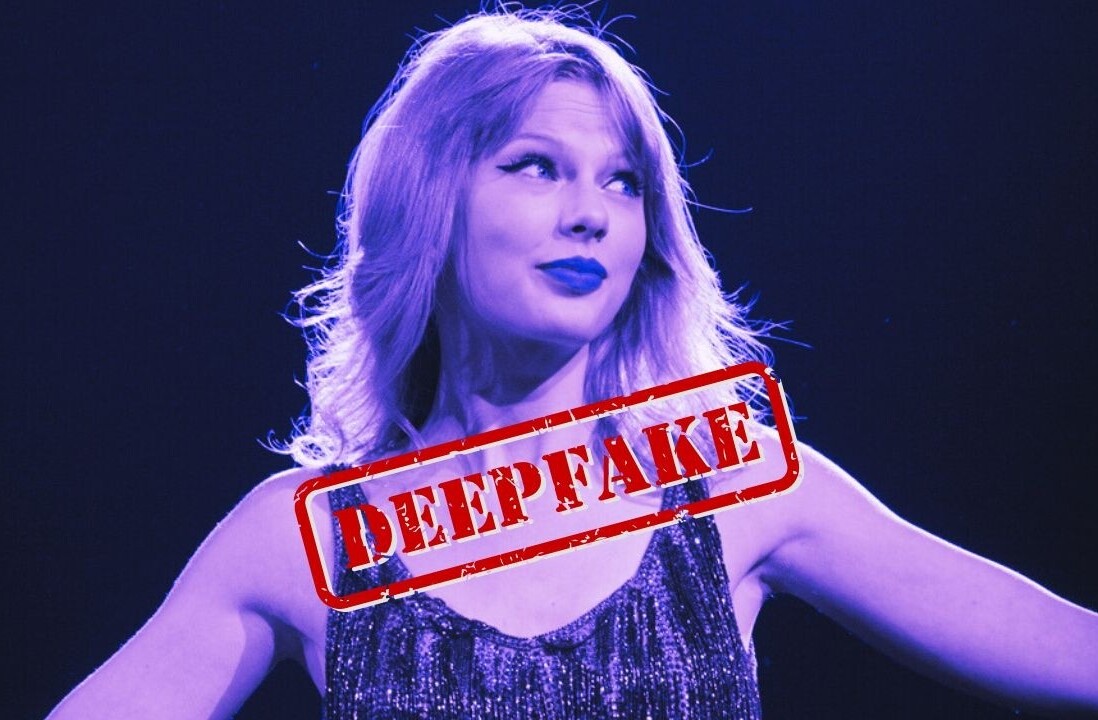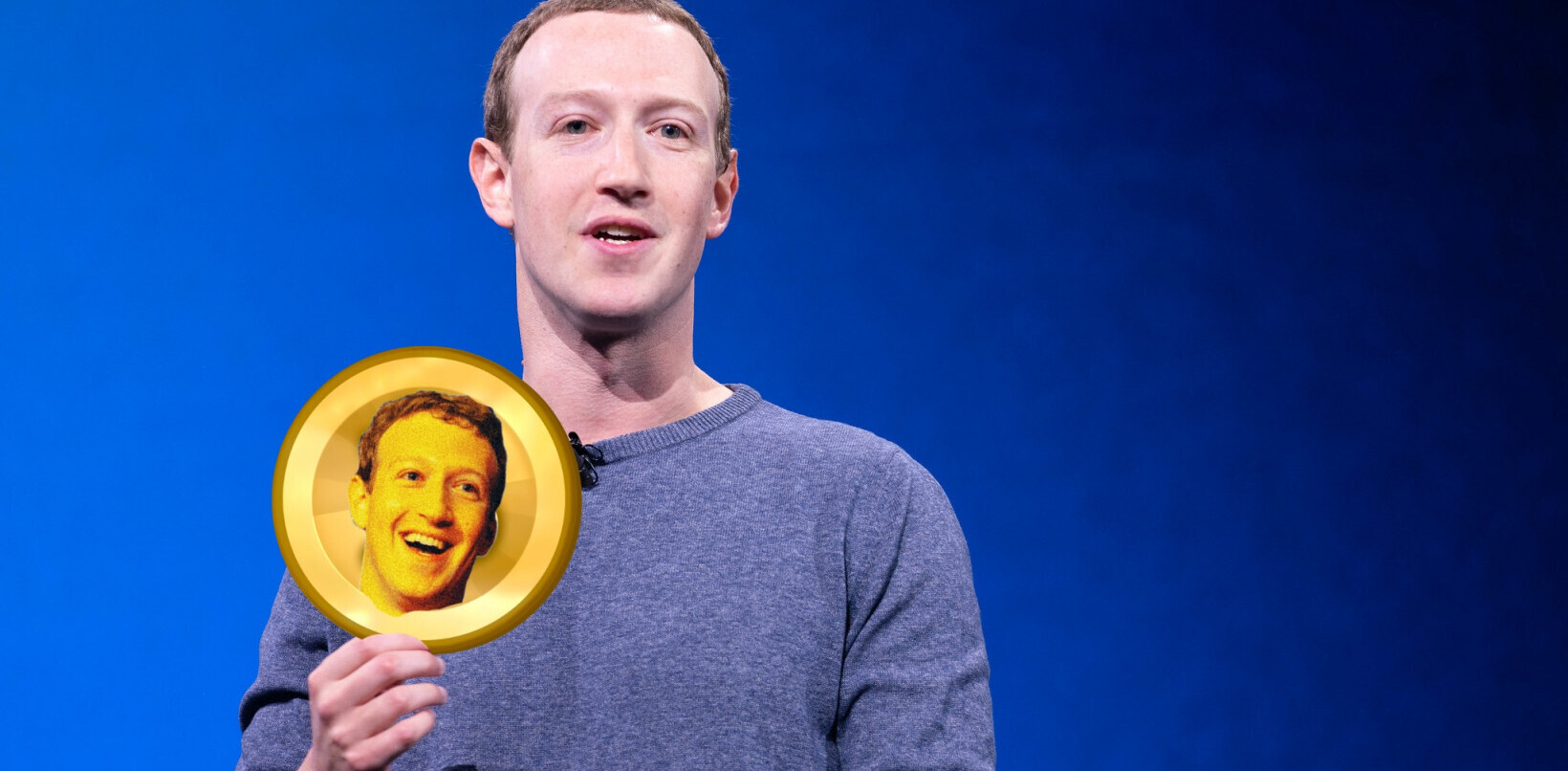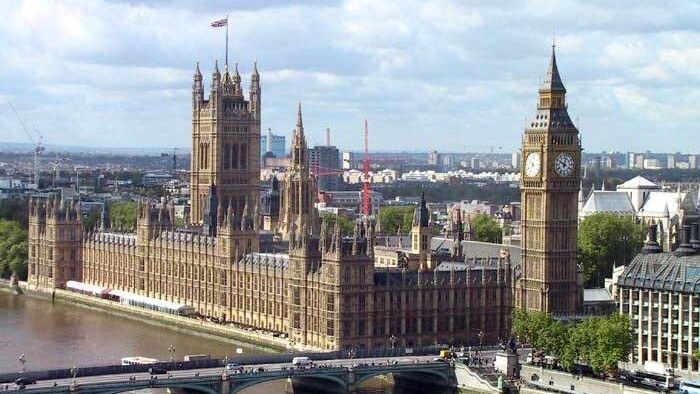
Twitter and Facebook have officially responded after today’s meeting with the UK Home Secretary, Culture Secretary, Foreign Office Minister and the Association of Chief Police Officers (ACPO), over the role social media played in the recent riots that swept across the country.
A Twitter spokesperson told The Next Web:
“Governments and law enforcement agencies around the world use Twitter to engage in open, public communications with citizens. We’ve heard from many that Twitter is an effective way to distribute crucial updates and dispel rumors in times of crisis or emergency.
People also use Twitter as a the first place to get information, monitor quickly changing events in real-time, and connect with friends, family and their communities. We are always interested in exploring how we can make Twitter even more helpful and relevant during times of critical need.”
Whilst the spokesperson didn’t confirm the exact topics of discussion, it was noted that closing down social networks wasn’t a focus of the conversation at all, and it seems like the government has no interest in exploring this route.
Facebook responded too, going into a bit more detail. It said:
“We found today’s discussion at the Home Office constructive and built on much of the work we are already doing with the UK authorities to ensure Facebook remains one of the safest places on the internet. We welcome the fact that this was a dialogue about working together to keep people safe rather than about imposing new restrictions on internet services.
We were pleased to highlight our array of effective reporting tools and the relationships we have built with Law Enforcement to keep the site safe for the 30 million people in the UK use Facebook – especially during times of crisis. We were also able to revisit the positive role Facebook played during the riots – from letting friends and family know they are safe to helping facilitate local clean-up operations. There is no place for illegal activity on Facebook and we take firm action against those who breach our rules.”
Facebook also revealed details about the meeting, and some of the possible actions points…none of which included closing down the social network. It turns out that the Home Secretary made it clear from the start that the meeting wasn’t about discussing restricting Internet services, it was more about encouraging conversations to focus on helping authorities who may need help in building skills on using social networking services, as well as developing Facebook’s own good practice procedures to help deal with serious crime.
How we got to this point
To quickly recap how we got to this point,the rioting and looting that blighted London and other UK cities earlier this month raised many questions. Whilst some attempted to explain it as a sign of a forgotten underclass completely disengaged from society, many called it criminality, pure and simple. But the likes of Twitter, Facebook and BlackBerry Messenger (BBM) were thrust into the limelight, as it emerged they were being used to organize and coordinate some of the pillaging.
During the riots, RIM announced it was engaging with police during the riots to ‘help in any way we can’, and it later emerged that a number of arrests had been made based on people attempting to incite riots on Facebook.
When Prime Minister David Cameron recalled Parliament for an emergency meeting to discuss events, he said:
“We are working with the Police, the intelligence services and industry to look at whether it would be right to stop people communicating via these websites and services when we know they are plotting violence, disorder and criminality.”
Many leapt on this comment as a sign that the government was going to use the events as an excuse to clamp down on social networks during some emergency situations, but that was never going to be a practical solution and we gave our reasons why the government wouldn’t seek to go down that route.
We reported last week that a date had finally been set for the meeting, with Facebook confirming its attendance, followed by BlackBerry’s maker Research in Motion (RIM), and Twitter confirmed its presence earlier this week.
It seems that Twitter was actually used primarily as a real-time news sharing tool, helping people report direct from the streets, quash speculation and even organize the cleanups following the chaos. Indeed, Twitter received a record amount of traffic in the UK during the riots, with 1 in ever 170 website visits landing on the Twitter homepage, and a spokesperson for Hitwise said at the time:
“By our estimations there were over 3.4 million visits to the Twitter homepage from the UK population alone. Twitter received 15% more visits yesterday than it did around the super-injunctions scandal, the previous biggest spike in its UK history.”
It had been widely reported yesterday that all the social networks’ representatives would oppose all attempts to close down social networks during some emergency situations, but it seems that they didn’t even have to oppose it.
Update:
Research in Motion (RIM) has now provided an official statement too:
“Together with others in the industry RIM attended a meeting with the Home Secretary, Culture Secretary, Foreign Office Minister and ACPO in London today. It was a positive and productive meeting and we were pleased to consult on the use of social media to engage and communicate during times of emergency. RIM continues to maintain an open and positive dialogue with the UK authorities and continues to operate within the context of UK regulations.”
Get the TNW newsletter
Get the most important tech news in your inbox each week.
